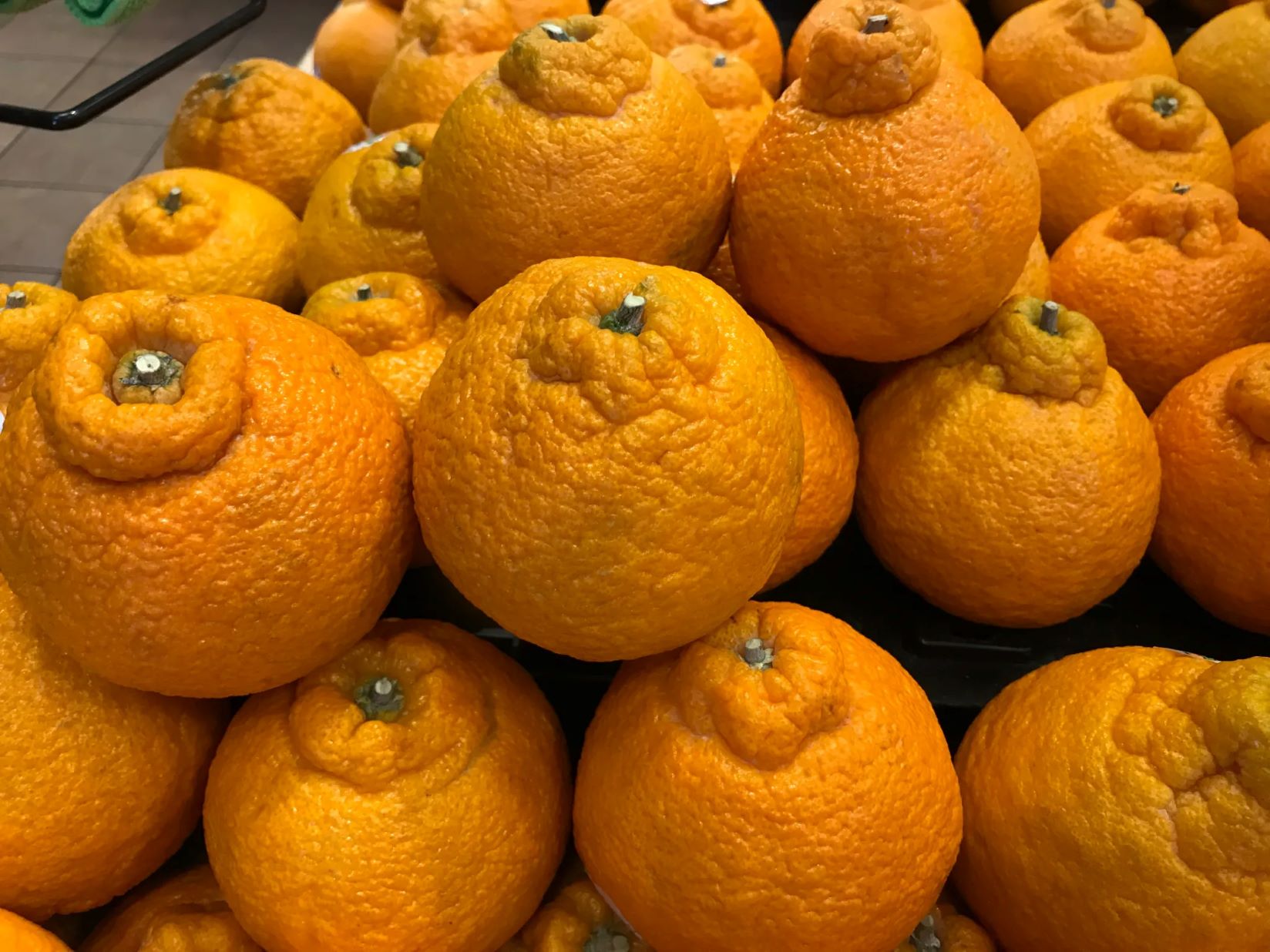
Satsuma oranges, also known as tangerines, are a popular citrus fruit known for their juicy sweetness and refreshing flavor. These small, easy-to-peel fruits are not only a delicious snack, but they also boast a wide array of nutritional benefits.
In this article, we will explore ten fascinating satsuma nutrition facts that highlight why this fruit should be a regular addition to your diet. From vitamin C content to dietary fiber and antioxidants, satsumas offer a burst of goodness packed into every bite. Whether you’re looking to boost your immune system, improve digestion, or simply enjoy a tasty and nutritious fruit, satsumas are an excellent choice.
So, let’s dive into the world of satsuma nutrition and discover why these little citrus gems deserve a prominent place in your daily menu.
Key Takeaways:
- Satsumas are a powerhouse of Vitamin C, fiber, and antioxidants, making them a delicious and healthy snack choice for boosting immunity and promoting overall well-being.
- With low calories, no fat, and no cholesterol, satsumas are a guilt-free and heart-healthy option that can aid in weight management and support cardiovascular health.
Satsumas are packed with Vitamin C.
Satsumas are a great source of Vitamin C, with just one serving providing over 100% of the recommended daily intake. Vitamin C is important for immune health and helps protect against common infections.
They are low in calories.
A large satsuma contains only about 50 calories, making it a healthy and guilt-free snack option. It’s a perfect choice for those watching their calorie intake or trying to maintain a healthy weight.
Satsumas are rich in dietary fiber.
These citrus fruits are high in dietary fiber, which helps promote healthy digestion and can aid in weight management. Consuming fiber-rich foods like satsumas can also help reduce the risk of developing chronic diseases.
They are a good source of potassium.
Potassium is an essential mineral that plays a vital role in maintaining proper heart function and regulating blood pressure. Satsumas are a delicious way to incorporate potassium into your diet.
Satsumas are low in fat.
With virtually no fat content, satsumas are an excellent choice for those following a low-fat or cholesterol-free diet. They provide a burst of refreshing flavor without adding unnecessary fats.
They contain natural antioxidants.
Antioxidants help protect our cells from damage caused by free radicals, which can lead to various diseases. Satsumas are a rich source of natural antioxidants that can contribute to overall health and well-being.
Satsumas are a good source of hydration.
With their high water content, satsumas are not only nutritious but also help to keep you hydrated. Including these juicy fruits in your diet can help maintain optimal hydration levels.
They are a great source of folate.
Folate, also known as Vitamin B9, is essential for creating and maintaining new cells in the body. Satsumas are a delicious and natural way to incorporate folate into your diet.
Satsumas are cholesterol-free.
Unlike some other fruits, satsumas do not contain any cholesterol. They are a heart-healthy choice that can be included in a balanced diet to support cardiovascular well-being.
They are a good source of dietary antioxidants.
Satsumas contain a variety of dietary antioxidants, including beta-carotene and lutein. These antioxidants have been associated with decreased risk of chronic diseases and can help protect against cell damage.
Conclusion
Satsumas are not only delicious, but they also pack a nutritional punch. With their high vitamin C content, fiber content, and numerous health benefits, including satsumas in your diet can contribute to a healthier and well-balanced lifestyle.
Whether you enjoy them as a snack, in salads, or as a juice, satsumas are a great addition to any healthy eating plan. Incorporate these bright and tangy citrus fruits into your daily routine to enjoy their refreshing taste and reap the many benefits they offer.
FAQs
Q: How many calories are in a satsuma?
A: On average, a medium-sized satsuma contains around 40-50 calories.
Q: Are satsumas high in vitamin C?
A: Yes, satsumas are an excellent source of vitamin C. One medium-sized satsuma provides about 35-40% of the recommended daily intake of this immune-boosting vitamin.
Q: Are satsumas a good source of fiber?
A: Absolutely! Satsumas are a great source of dietary fiber, which aids in digestion, helps maintain a healthy weight, and promotes heart health.
Q: Can satsumas help with weight loss?
A: Although satsumas are not a magic weight loss fruit, they can be a beneficial addition to a weight loss plan. Their low calorie and high fiber content can help keep you feeling satisfied and promote a healthy metabolism.
Q: How can I incorporate more satsumas into my diet?
A: Satsumas can be enjoyed in a variety of ways. You can eat them fresh as a snack, add them to salads for a burst of citrus flavor, or even use their juice in smoothies or as a marinade for poultry or seafood.
Q: Are satsumas suitable for people with diabetes?
A: Satsumas are a good choice for people with diabetes as they have a low glycemic index and are rich in fiber. As always, it is essential to monitor your blood sugar levels and consult with your healthcare provider for personalized dietary recommendations.
Was this page helpful?
Our commitment to delivering trustworthy and engaging content is at the heart of what we do. Each fact on our site is contributed by real users like you, bringing a wealth of diverse insights and information. To ensure the highest standards of accuracy and reliability, our dedicated editors meticulously review each submission. This process guarantees that the facts we share are not only fascinating but also credible. Trust in our commitment to quality and authenticity as you explore and learn with us.
